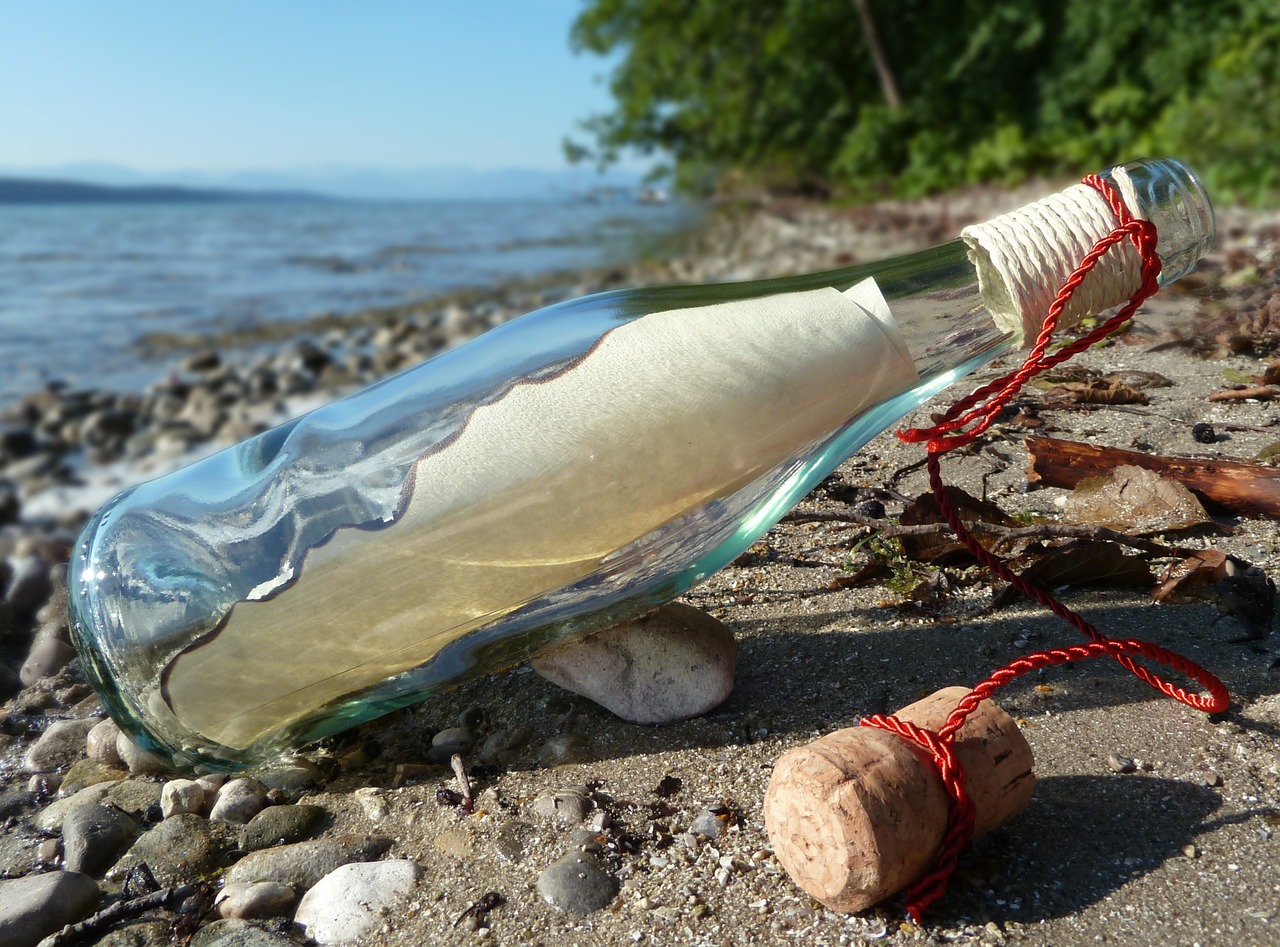Shedding new light on the previously unknown sources of ocean pollution, a study released on Monday by the Stanford Woods Institute for the Environment concluded that 90% of such contamination results from messages in bottles en route to a transatlantic lover.
“Our findings show that the overwhelming majority of debris tainting the pelagic zones can be traced back to individuals who let the waves wash away elegant bottles enclosing delicately rolled and deeply intimate love letters to their distant sweethearts residing on the opposite side of the Atlantic Ocean,” explained Woods Institute Director Chris Field.
Field also pointed out that toxic chemicals discharged directly into waterways by large industrial factories are dwarfed by bottled romantic notes gently set adrift into the tide under a moonlit sky.
“A sizable amount of research into marine wildlife has uncovered these corked glass vessels, initially intended to harmlessly bob along with the currents in transit to a far-off flame, instead firmly embedded in the throats of migrating North Atlantic humpback whales,” he said. “Furthermore, our scientists have found significant quantities of lustful coffee-stained poems slowly deteriorating in the stomachs of dead loggerhead sea turtles washed ashore at the intended destination, most often pristine beaches along the French Riviera.”
The report concluded that the overall environmental impact is further exacerbated when the affectionate wordsmiths use a feather quill plucked from an endangered northern spotted owl to pen the tear-jerking essay on rustic parchment derived from the untanned skin of a freshly slain calf.
Editor’s Note: This article is purely satirical and fictitious. All attributions in this article are not genuine and this story should be read in the context of pure entertainment only.
Contact Prateek Joshi at pjoshi2 ‘at’ stanford.edu.
